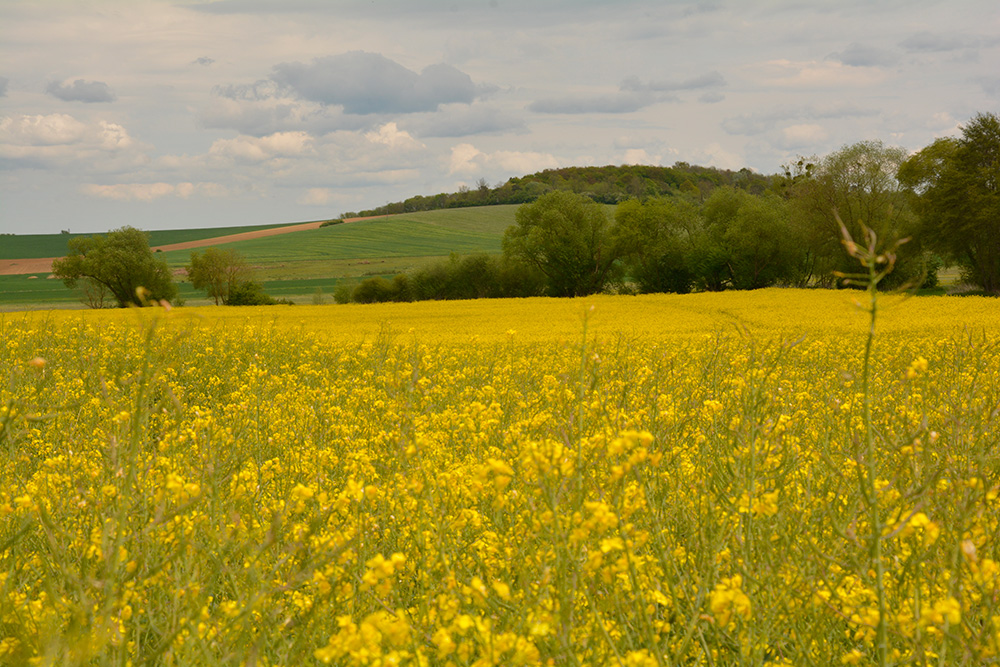Actions Terres Inovia : améliorer la compétitivité du colza - Institutionnel
Improving the competitiveness of rapeseed crops
Rapeseed crops remain in the ground for much of the year, necessitating interventions at several time points during the year.
Improving the performance of this crop is one of the everyday concerns of Terres Inovia. The institute accompanies farmers every step of the way, in a permanent dynamic of innovation, to simplify cropping practices, decrease dependence on inputs, improve pest control and optimize fertilizer use.
Contact : Jean Lieven j.lieven@terresinovia.fr

Our goals
To communicate reference information to optimize crop production at ensure successful implantation of the crop.
To provide advice concerning fertilizer applications for rapeseed.
To propose integrated management strategies for combating the diseases, pests and weeds of winter rapeseed.
To monitor the cropping season in real time